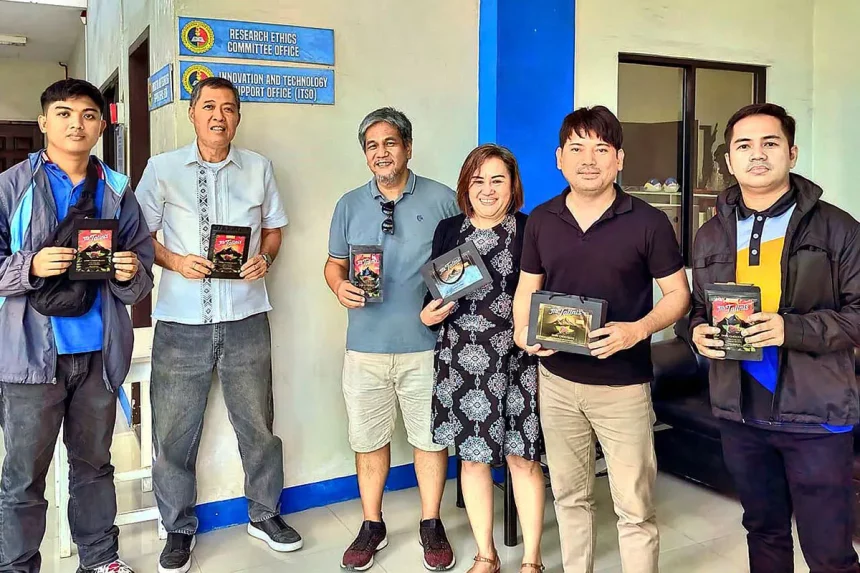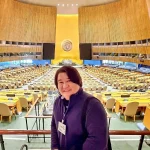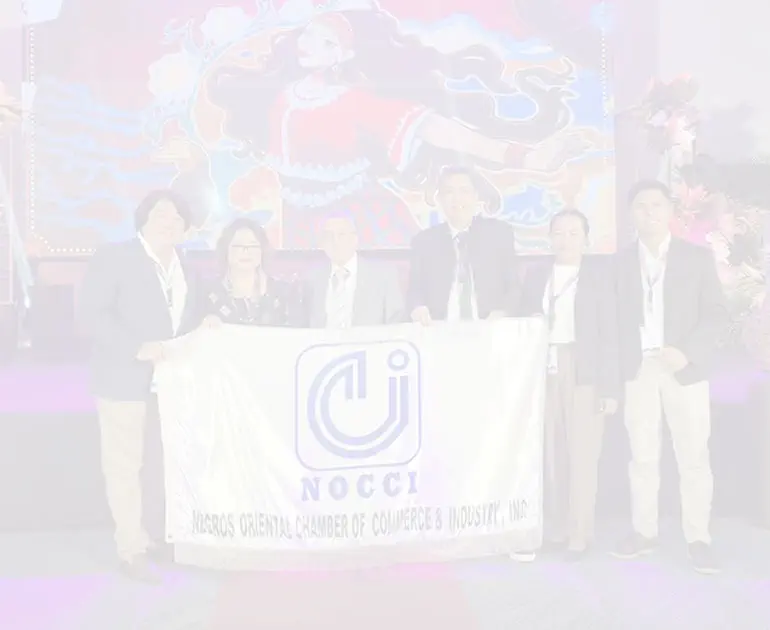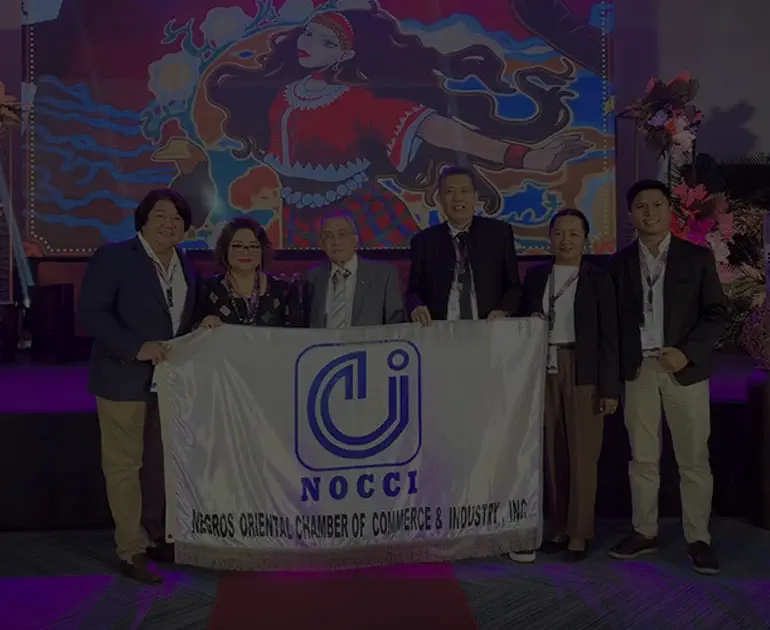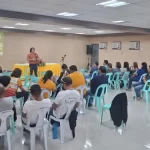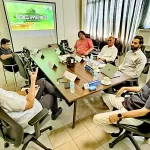The Negros Oriental Chamber of Commerce and Industry (NOCCI) Save Mt. Talinis Project Committee led by President Edward Du and Luel de Jesus met with the technical team of Negros Oriental State University (NORSU) Innovation & Technology Support Office (ITSO) to strengthen academe-industry collaboration between NORSU & NOCCI. During the said meeting, President Du expressed his gratitude to NORSU for its all-out cooperation and support for NOCCI’s Mt. Talinis Dark Chocolate OTOP Project. The meeting was held at ITSO, NORSU Main Campus I, Dumaguete City.
In a bid to fortify their commitment to sustainable development initiatives, the Negros Oriental Chamber of Commerce and Industry (NOCCI) Save Mt. Talinis Project Committee, under the leadership of President Edward Du and Luel de Jesus, recently engaged in discussions with the technical team of Negros Oriental State University (NORSU) Innovation & Technology Support Office (ITSO). The primary agenda? To foster a more robust academe-industry collaboration between NORSU and NOCCI.
The meeting, convened at ITSO, NORSU Main Campus I, Dumaguete City, served as a pivotal moment in solidifying the partnership between these two influential entities. President Du, extending his gratitude to NORSU, lauded the university’s unwavering cooperation and support for NOCCI’s Mt. Talinis Dark Chocolate OTOP Project.
Such collaborations underscore the collective effort towards sustainable growth and community development. As NOCCI and NORSU join forces, their shared vision for a thriving local economy and environmental preservation gains momentum. This partnership not only fosters innovation but also paves the way for impactful initiatives that benefit society at large.
As President Du remarked, “Through collaborative endeavors like this, we can harness the full potential of academia and industry to drive positive change in our communities.”
With both organizations aligned in their mission for progress, the future holds promise for transformative initiatives that will elevate the region’s economic landscape while safeguarding its natural heritage.


